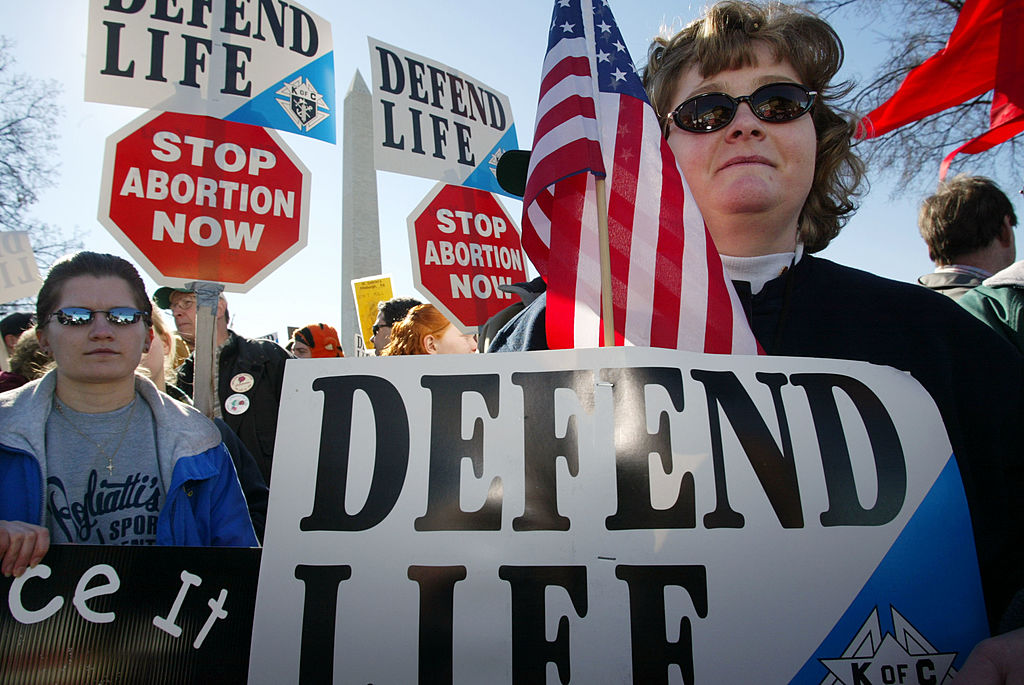The South Carolina Supreme Court recently confirmed the state’s six-week ban on abortion, a decision that overturns a prior ruling.
A significant shift in the court’s stance occurred following the retirement of Justice Kaye Hearn in February, which established a conservative majority. In January, the court had declared a similar 2021 law unconstitutional on the grounds that it breached a woman’s right to privacy as stipulated in the state’s constitution.
BREAKING NEWS! The South Carolina Supreme Court has upheld the Fetal Heartbeat and Protection from Abortion Act. #southcarolinasupremecourt #scfetalheartbeat #prolife #life4sc #savethebabyhumans pic.twitter.com/gX491Hulz8
— SC Citizens for Life (@LIFEforSC) August 23, 2023
In reaction, state legislators enacted a fresh six-week prohibition in May. Planned Parenthood South Atlantic immediately initiated a lawsuit against it.
However, this time, the court ruled 4-1 that there was a “compelling interest in protecting the lives of unborn children,” as stated in their judgment. The court elucidated their perspective, stating, “That finding is indisputable and one we must respect… The legislature has…determined that its interest in protecting the unborn becomes actionable upon the detection of a fetal heartbeat via ultrasound by qualified medical personnel. It would be a rogue imposition of will by the judiciary for us to say that the legislature’s determination is unreasonable as a matter of law—particularly on the record before us and in the specific context of a claim arising under the privacy provision in article I, section 10 of our state constitution.”
The legislation in question is named the “Fetal Heartbeat and Protection from Abortion Act.” As the title suggests, it forbids abortion after the detection of a fetal heartbeat, typically around the six-week mark. The law does account for certain exceptions, namely cases involving rape or incest, or where the mother’s physical health is under threat.
Planned Parenthood contended in their lawsuit that the newly enacted law was a direct contradiction to the precedent previously set by the court regarding this matter. Chief Justice Donald Beatty echoed these concerns as the only dissenting voice in this decision, expressing that the majority has “abandoned previous precedent.” Beatty underscored the similarity between the overturned 2021 Act and the newly upheld 2023 Act, stating, “The result will essentially force an untold number of affected women to give birth without their consent. I am hard-pressed to think of a greater governmental intrusion by a political body.”













